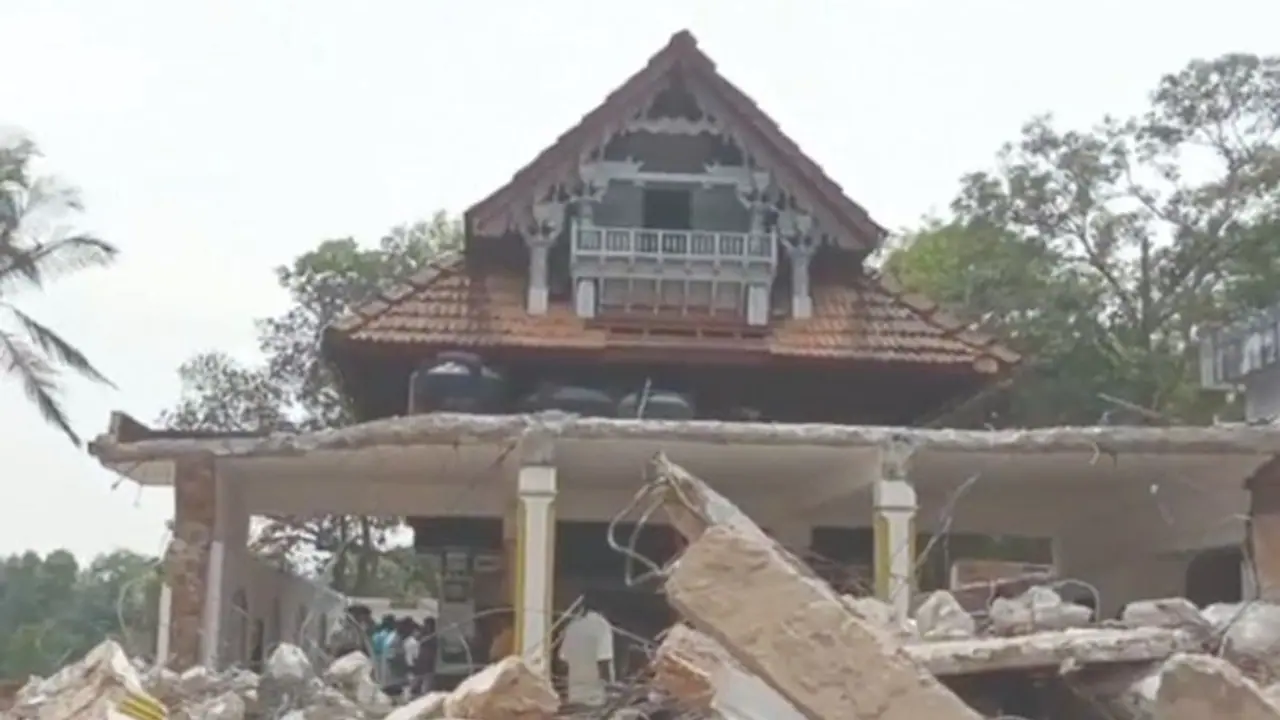The Varanasi court has allowed the worship of Hindu idols within the Gyanvapi Mosque, reminiscent of the ongoing dispute. In Mallali, Mangaluru, a mosque renovation uncovered traces of a temple, leading to a legal battle. The Mangalore court rejected the mosque committee's plea, supporting the VHP's claim. The High Court is reviewing jurisdiction challenges, with the case resembling the Gyanvapi controversy.
In a similar incident to the ongoing Gyanvapi Mosque dispute in Uttar Pradesh, the Varanasi court has ruled to permit the worship of Hindu idols within the precincts of the Gyanvapi Mosque. The controversy arose on August 21, 2022, during the renovation of a mosque in Mallali, Gurupura, on the outskirts of Mangaluru, when traces of a temple were discovered, leading to a heated debate.

The Mangalore District Third Additional Civil Court recently rejected a petition filed by the Malali Mosque Committee, favouring the plea put forth by the Vishwa Hindu Parishad (VHP). The court's decision, which surfaced after a lengthy hearing, has set the tone for the unfolding legal battle, mirroring the Gyanvapi case.
Supreme Court denies urgent hearing on Gyanvapi mosque plea, directs committee to approach high court
The conflict escalated when, during mosque renovations, a model of the temple emerged, prompting the VHP to file an injunction against the renovation. The Tambula issue further fueled the dispute, revealing additional evidence suggesting the presence of a monastery.
Chidananda Kedilaya, a lawyer representing the Hindu organization, stated that if the civil court upholds the trial's legitimacy, proceedings will continue. However, if deemed otherwise, an appeal will be made to the Mysore Tribunal, challenging the High Court's decision.
Varanasi court order leads to signboard change; Gyanvapi Mosque is now Gyanvapi Temple (WATCH)
The petitioners supporting the mosque had questioned the jurisdiction of the Additional Civil Court in Mangaluru, leading to the matter being taken up by the High Court. After considering arguments from both sides, the High Court reserved its verdict 15 days ago, leaving the future course of the case hanging in the balance.
The legal battle took a significant turn when the Mangaluru Third Additional Civil Court dismissed applications challenging its authority under Section 85 of the Waqf Act, 1991, and Civil Act 151. This decision was subsequently contested in the High Court, which is yet to deliver its judgment on the jurisdiction of the Civil Court.
